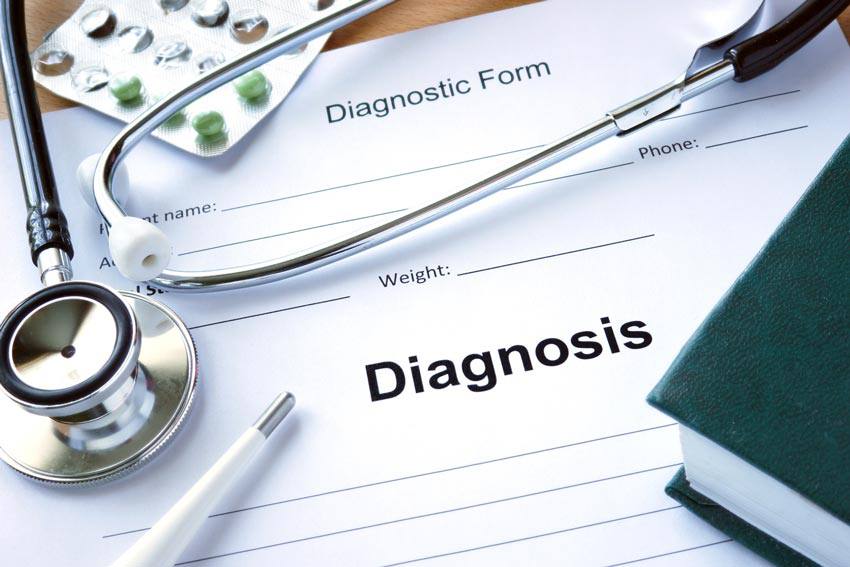Why travellers prefer Blue Cross
- Canada's #1 travel insurance brand and recognized worldwide
- Over 75 years of expertise in insurance
- $5 million travel insurance coverage, with or without deductible
- Flexible and affordable travel insurance solutions
- Free quote available online
- Travel assistance available 24/7 for any emergency, anywhere you travel

Study says 1 in 20 people will be given a wrong medical diagnosis
Published on: October 1, 2016
Getting a proper diagnosis is an important aspect of effective health care. When something is not right, whether we are experiencing pain or just not feeling like ourselves, we turn to our doctors, trusting that they will effectively diagnose the issue and provide the right treatment. However, a recent report from the Institute of Medicine found that most people will likely be misdiagnosed in their lifetime. Diagnosis errors exist in all areas of health care and they can harm patients.
While a misdiagnosis of a minor ailment may simply provide a patient with some minor discomfort, a wrong or delayed diagnosis of a major health issue could be life-threatening and even put other people at risk. The committee involved in the report estimates that about one in 20 adults will experience a diagnostic error. These errors add up in the form of malpractice claims and additional health care costs.
The report also found that about 10% of errors led to patient deaths, and up to 17% of errors led to “adverse events in hospitals.”
“Possibly the most well-known diagnostic error in recent memory occurred last year when a Liberian man sick with Ebola initially was misdiagnosed in a Dallas emergency room as having sinusitis. Thomas Eric Duncan returned two days later, sicker, and eventually died,” says Lauran Neergaard in the Globe and Mail.
A misdiagnosis can harm a patient in various ways:
- Preventing more effective treatment
- Providing unnecessary treatment
- Requiring unnecessary medical costs
- Resulting in psychological trauma
- Resulting in discomfort and loss of trust in the health care system
The Institute of Medicine believes that “improving the diagnostic process is not only possible, but also represents a moral, professional, and public health imperative.”
To reduce the instances of diagnosis error, the report outlines eight goals for improvement:
- More effective teamwork in the diagnostic process among all parties
- Enhance education and training in the diagnostic process
- Ensure information technologies support patients and health care professionals in the diagnostic process
- Implement a process to identify and learn from previous errors
- Create a culture that supports the diagnostic process
- Create a reporting environment and medical liability system that facilitates improved diagnosis through learning
- Develop an environment for care and payment that supports the diagnostic process
- Secure funding for research on the diagnostic process
“The report says improvement requires better teamwork and communication between health providers – doctors, nurses, radiologists, lab workers – and urges patients to ask, ‘Could it be something else?’ It urges health providers to make patients and their families an active part of the diagnosis process, including giving them timely copies of all records and test results,” says Neergaard.
If you or a family member believes they may have been misdiagnosed, do some additional research and consider getting a second opinion.
If you could use help paying for medical costs that are not covered by OHIP or your employee benefits plan, consider private health insurance with Blue Cross. We offer affordable and personalized health insurance for people in all situations. Get a quote for health insurance online.